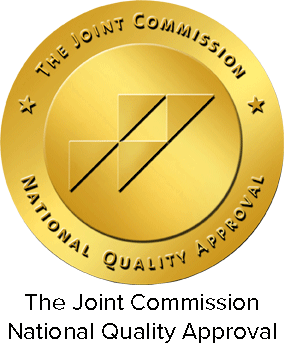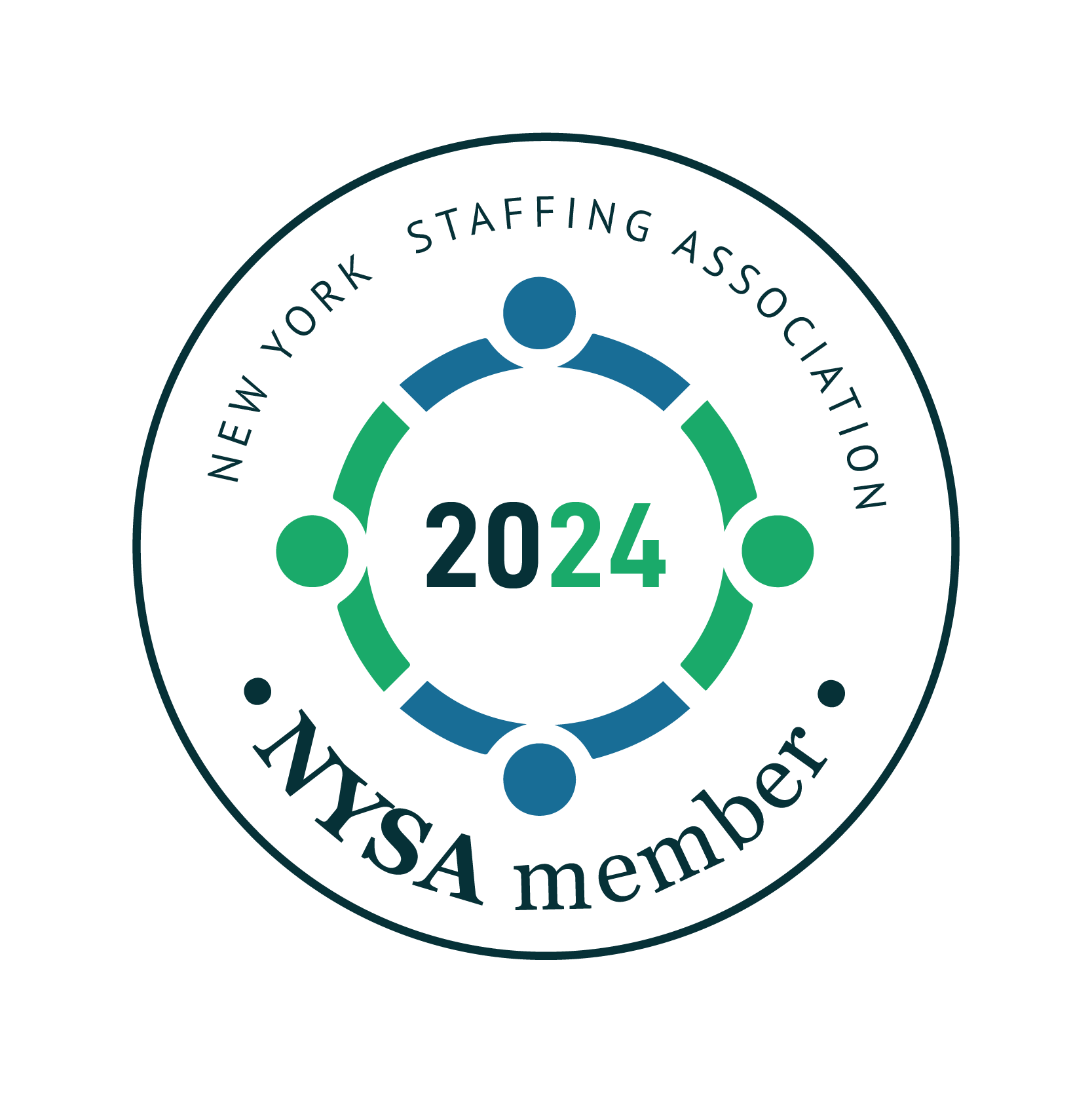Top-notch job advice can help you make smart decisions, advance your career and keep your spirits high when work gets tough.
We tapped seasoned career experts, including college career counselors, authors and CEOs, for the best career advice they’ve ever received. Their edited responses are below.
Debra Lybyer, director of career and advising services, Lewis-Clark State College in Idaho
Treat everyone you meet as a potential employer, every task you complete as part of your interview and keep every door open. You’ll never know what is out there for you if you don’t allow every possible opportunity to come your way.
Jude Miller Burke, author of “The Millionaire Mystique: How Working Women Become Wealthy – And How You Can, Too!”
The best career advice I received was to be persistent and resilient and to not let detours or failures derail my career. Successful men and women frequently have failures and detours in their careers, but do not let those bumps dissuade them. In fact, for successful people, failures are seen as a part of success and detours are seen as opportunities to push your career further ahead.
Rob VanDorin, associate director of career services and employer relations, Central Michigan University
Do your research. You should know the ins and outs of every company that you apply to before you even submit an application or resume. If you don’t know them, then you don’t know how to make yourself fit.
Bob LaBombard, CEO of GradStaff
Don’t let your college major, previous jobs or money define your career choices. Focus on the skills you possess, the business ideas you are most passionate about and your ability to make positive things happen. This advice is based on input from a variety of people over the years that repeated a lot of the same themes, but I would attribute the most significant influence to my dad, who was a very strong believer in a liberal arts education and the importance of adding value or doing your very best at everything you do.
Keri Burns, director of career services, University of West Georgia
The best career advice I ever received was to ‘always leave a position or department better than you found it.’ Whenever I take on a new role, my goal is to make a positive impact and leave a legacy, either through process improvements, innovative programming, organizational structure or any area that might need attention. I always want my involvement in any position I have held to have made a difference.
Walter L. Tarver, III, director of the career center, Stockton University in New Jersey
The best piece of career advice I ever received was to take advantage of every single opportunity that an employer presents to you. Though you may be hired into one position with a specific set of responsibilities, do not be afraid to move outside of those areas of responsibility. Volunteer for special projects, volunteer to be on committees and always look for ways to expand your skill set. This will serve you well as you look to move forward and advance in your career.
Jan Jones, author of “The CEO’s Secret Weapon: How Great Leaders and Their Assistants Maximize Productivity and Effectiveness”
My dad told me, “Don’t worry about what people say about you. When you’re on top, they’re talking about you, when you’re down, they’re talking about you, so just go ahead and live your life.” His advice gave me confidence to be myself and fortified me throughout my career. I keep my own counsel and honor my values without feeling intimidated by anyone, regardless of their position.
Beth Ricca, director of the Cahill Career Development Center, Ramapo College of New Jersey
The best career advice I ever received was from my very first boss 30 years ago. She told me, “Show, don’t tell.” At your job, on your resume or even in your personal life, don’t waste time telling others what you can offer. Instead, do your job very well to show your skills. On your resume, don’t list that you have excellent communication skills. Instead, include specific examples that demonstrate your excellent communication. Let your work speak for itself.
Caren Merrick, founder and CEO of Pocket Mentor
Invest in your communication skills. My first manager after college offered to send me to a communications seminar. I leapt at the opportunity and gained so much out of it that I was soon on the fast track. Periodically throughout my career, I have continued to invest in improving my communication skills – including workshops, online courses and books. Poor communication breeds problems, and good communication often solves them.
Leah Goldson, coordinator of alumni career services, University of Central Florida
The best career advice I received was to find a mentor. I’ve had a few in my life, and they’ve been instrumental in my career growth and have assisted me with gaining employment and providing valuable advice to keep me motivated in tough times.


